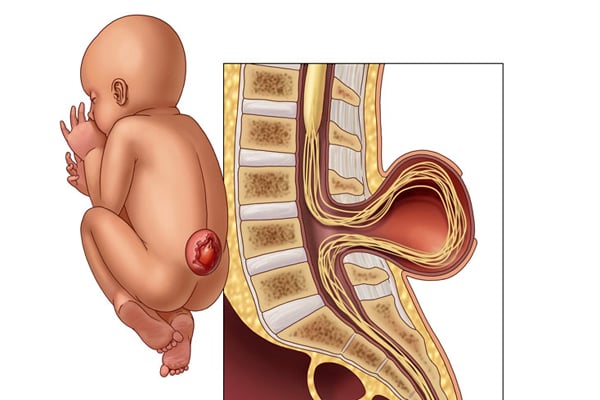All adolescent girls to get drug for spinal cord defect

Dr Juliet Nabbanja, Ministry of Health has said all girls at menstruation age will be given folic acid to curb rising cases of debilitating spinal cord defect dubbed spina bifida and hydrocephalus.
What you need to know:
- Hydrocephalus is a potentially deadly build-up of fluid in the brain and it manifests with increased size of the head
The Ministry of Health has said all girls at menstruation age will be given folic acid to curb rising cases of debilitating spinal cord defect dubbed spina bifida and hydrocephalus.
Spina bifida is a birth defect that occurs when the spine and spinal cord don’t form properly and it manifests with weakness or total paralysis of the legs, lack of self control of bowel and urinary movements, among others.
Hydrocephalus is a potentially deadly build-up of fluid in the brain and it manifests with increased size of the head.
“Ministry of Health has put a pilot project in 15 primary schools [in 15 districts] to ensure all menstruating girls start early consumption of folic acid and this shall be extended to cover the whole country,” Dr Jackson Amone, the commissioner for clinical services, said yesterday in a statement, which was presented by Dr Juliet Nabbanja, another ministry official.
In the statement read at the commemoration of Spinal Bifida and Hydrocephalus Day in Kampala yesterday, Dr Amone said of the 1.4 million children born annually in the country, about 1,400 have spina bifida.
“The incidence and prevalence of spina bifida and hydrocephalus in Uganda and other low income countries is high because of the inadequate intake of folic acid by pregnant women. Lack of prenatal care, absence of secondary prevention, exposure to environmental risks such as dioxins [chemicals that cause reproductive and developmental disorders],” Dr Amone said.
He added: “Ministry of Health through National Medical Stores has ensured accessibility of folic acid at antenatal care clinics in all [government health] facilities. But this has not been utilised because most pregnant mothers go for the antenatal care for the first time and they don’t come back or come back later.”
Ms Ruth Nalugya, the national coordinator of Spina Bifida and Hydrocephalus Association of Uganda (SHAU), said the government is not doing enough to support children born with the conditions and their families.
“A child born with spina bifida is very expensive to manage right from birth. In Uganda, we only have three major hospitals handling the condition. That is Mulago Hospital, Cure Children Hospital Mbale and Mbarara Regional Referral Hospital,” she said.
Ms Nalugya added: “Considering the cost of surgery alone, it doesn’t go below Shs5m. Though in government hospitals, the surgery is free, parents still have to pay for CT scan and other theatre supplies and it becomes very hard for a parent. ...”



